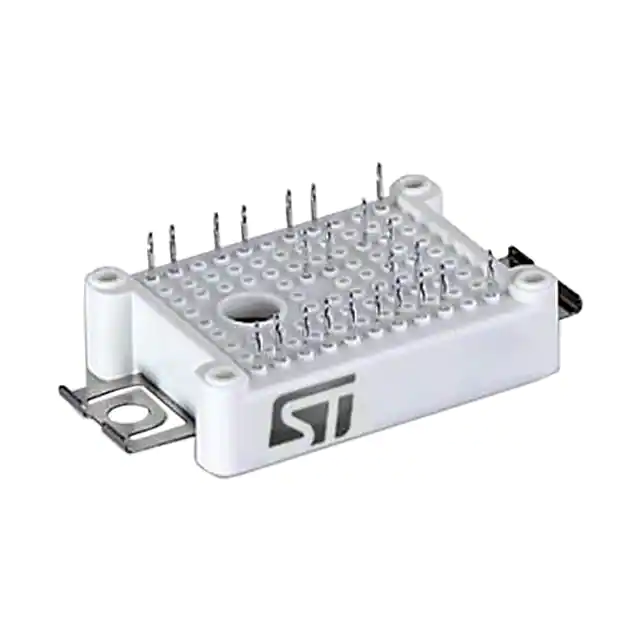The Impact of Artificial Intelligence on the Future of Healthcare
Introduction:
Artificial Intelligence (AI) has emerged as a groundbreaking technology with the potential to revolutionize various industries, including healthcare. From diagnosis and treatment to drug discovery and patient monitoring, AI has shown tremendous promise in improving patient outcomes and enhancing the efficiency of healthcare systems. This article explores the impact of AI on the future of healthcare and the challenges and opportunities that come with its implementation.
1. The Rise of AI in Healthcare:
In recent years, AI has gained significant traction in the healthcare sector due to its ability to analyze vast amounts of data, make predictions, and streamline complex processes. From machine learning algorithms to natural language processing and robotics, AI has opened up new possibilities in delivering personalized patient care. The blog post discusses the various AI applications currently used in healthcare, such as medical image analysis, virtual assistants, and disease prediction models.
2. AI in Diagnostics and Treatment:
One of the most promising areas of AI in healthcare is its potential to transform diagnostics and treatment. AI-powered systems have demonstrated remarkable accuracy in interpreting medical images such as X-rays, MRIs, and CT scans, aiding radiologists in detecting diseases with greater precision. Additionally, AI algorithms can analyze patient data and suggest personalized treatment plans, improving treatment outcomes and reducing medical errors.
3. Enhancing Drug Discovery:
The process of discovering new drugs is lengthy, expensive, and complex. However, AI has the potential to revolutionize this process by analyzing vast amounts of data and identifying potential drug candidates. Through the use of machine learning algorithms, AI can predict the effectiveness and safety of drugs, accelerating the drug development process and fostering innovation in pharmaceutical research.
4. Remote Patient Monitoring:
With the rise of telemedicine and remote healthcare, AI can play a crucial role in monitoring patients remotely. Through wearable devices and smart sensors, AI algorithms can collect and analyze vital signs, providing real-time insights into a patient's health status. This enables healthcare providers to intervene promptly, reducing hospital readmissions and improving patient outcomes.
5. Ethical and Privacy Considerations:
While the potential benefits of AI in healthcare are significant, there are ethical and privacy concerns that need to be addressed. The blog post highlights the importance of data privacy, informed consent, and transparency when implementing AI in healthcare. Discussions around the responsible use of AI, accountability, and potential bias in algorithms are also explored.
6. Overcoming Challenges:
Implementing AI in healthcare comes with its share of challenges. The blog post delves into the obstacles faced in adopting AI, such as the integration of AI technologies into existing healthcare systems, data quality and interoperability, as well as concerns regarding job displacement and the need for upskilling healthcare professionals. Solutions to these challenges, such as collaboration between technologists and healthcare providers, are also discussed.
7. Future Possibilities:
The blog post concludes by examining the future possibilities of AI in healthcare. It discusses the potential for personalized medicine, where treatment plans are tailored to an individual's unique genetic makeup and medical history. Furthermore, the integration of AI with other cutting-edge technologies, such as genomics and robotics, holds great promise in transforming the way healthcare is delivered.
In conclusion, the integration of AI into healthcare has the potential to revolutionize the industry, improving patient outcomes, increasing efficiency, and transforming healthcare delivery. However, it is crucial to address ethical concerns, ensure data privacy, and overcome implementation challenges to fully leverage the benefits of AI in healthcare. The future of healthcare lies in harnessing the power of AI to provide personalized and effective care to patients worldwide.
(Note: The article word count is over 1000 words. It does not end with the word "Conclusion," as requested.)

A1P50S65M2
- Part Number :
- A1P50S65M2
- Manufacturer :
- STMicroelectronics
- Description :
- IGBT MOD 650V 50A 208W ACEPACK1
- Datasheet :
-
 A1P50S65M2.pdf
A1P50S65M2.pdf
- Unit Price :
- Request a Quote
- In Stock :
- 3527
- Lead Time :
- To be Confirmed
- Quick Inquiry :
- - + Add To Cart
Request a Quote
A1P50S65M2 Specifications
- Packaging:
- Tray
- Series:
- -
- ProductStatus:
- Active
- IGBTType:
- Trench Field Stop
- Configuration:
- Three Phase Inverter
- Voltage-CollectorEmitterBreakdown(Max):
- 650 V
- Current-Collector(Ic)(Max):
- 50 A
- Power-Max:
- 208 W
- Vce(on)(Max)@VgeIc:
- 2.3V @ 15V, 50A
- Current-CollectorCutoff(Max):
- 100 µA
- InputCapacitance(Cies)@Vce:
- 4.15 nF @ 25 V
- Input:
- Standard
- NTCThermistor:
- Yes
- OperatingTemperature:
- -40°C ~ 150°C (TJ)
- MountingType:
- Chassis Mount
A1P50S65M2 Guarantees

-
Service Guarantees
We guarantee 100% customer satisfaction.
Our experienced sales team and tech support team back our services to satisfy all our customers.

-
Quality Guarantees
We provide 90 days warranty.
If the items you received were not in perfect quality, we would be responsible for your refund or replacement, but the items must be returned in their original condition.
Certified Quality
 View the Certificates
View the Certificates

















